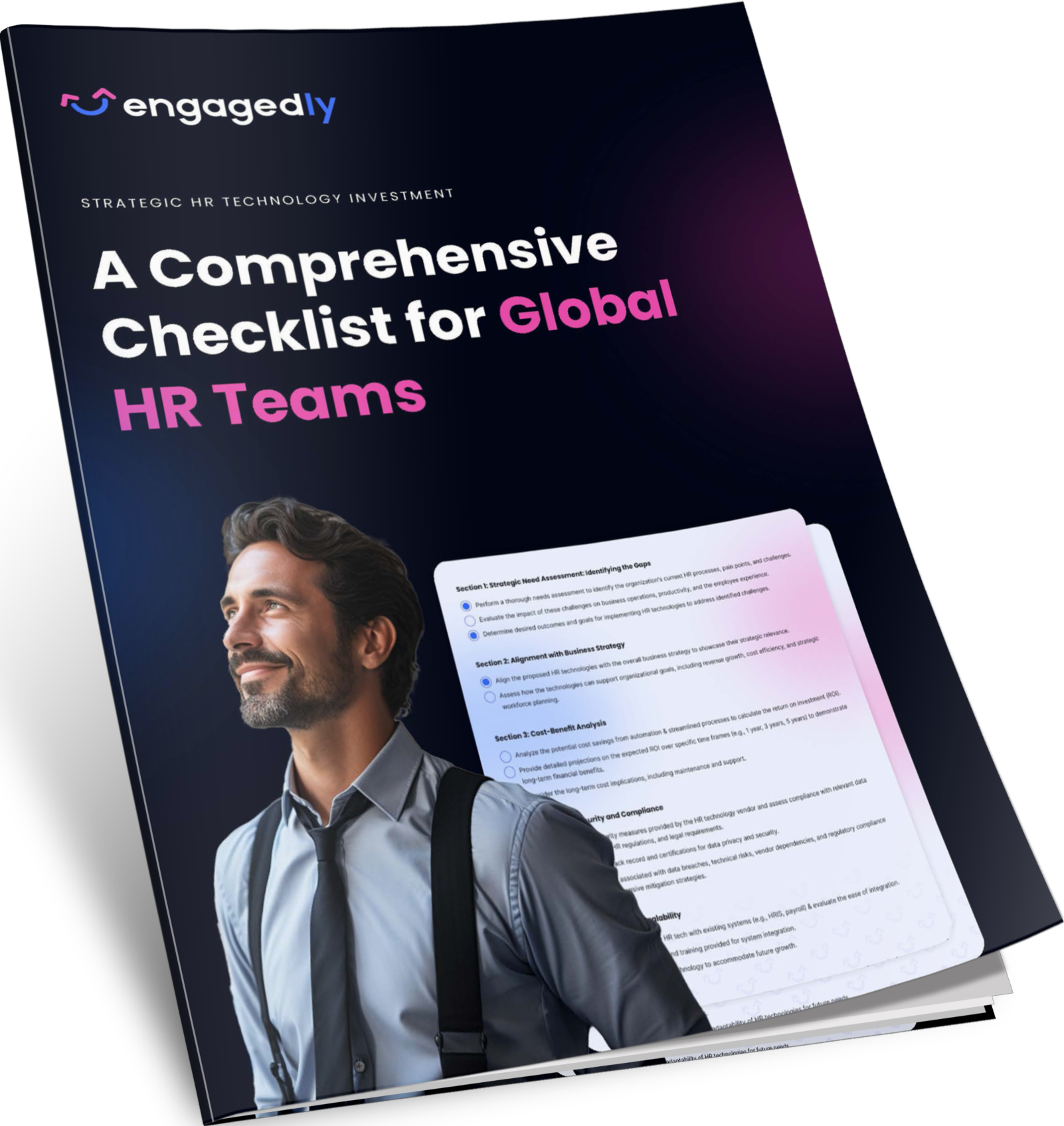Goal setting is one of the most important aspects of employee performance management. But do you think that employee goals are effective enough for your organization to achieve success? Well, goals give us a sense of direction and motivation but they do not always lead to success because of not being effectively set.
If you are planning on improving your company culture and increase your team’s productivity using employee goals, then OKRs are the best way to do it!
Objectives and key results (OKR) is a popular goal management framework that evolved over time. You can set goals, oversee them and track employee progress using OKRs.
OKRs help you understand the following things about your goal and its results:
- Clear Idea – OKRs give you a proper understanding of what you are planning to achieve.
- Concentrate – OKRs help you focus on the right aspect of the goal. It shows you the right direction and makes you ask yourself constantly if doing something brings you closer to accomplishing your goal.
- Collaborate – With cascadable/ shared OKRs, employees can collaborate with each other and work on different key results for the same objective. So OKRs also drive team work.
Also Read: How Can Setting Employee Goals Help Your Organization?
We have understood why using OKRs for goal setting is important but the question still remains, how to set strong and effective goals for your team? To help you answer this question, remember these three factors.
Directional Objective
As a manager, it is quite challenging to think from the perspective of each team member and come up with an objective. Understand if the objective actually gives you a proper understanding of what you should do. An objective tells you what you should do and a key result tells you how to do it. It is important for your employee objective to be directional.
Ideally, you should be able to modify goals in the long run. Because, in the process of achieving a goal, the employee and manager might suddenly find that the objective of the goal needs to change. Or that they might need to add other objectives to the goal.
SMART
An OKR cannot be long and confusing. Make sure that the OKRs of your employees are simple, brief and direct. Always remember to give the objective shorter time span. Having long-term goals can be helpful but not as much as having smaller goals which are bound to time.
It is very important to have OKRs that are measurable over time. Being able to measure your OKRs helps you find out if you have reached your goal or not. Measuring unquantified objectives is subjective and your employees should opt to have a one on one meeting with their managers to understand their progress on unquantifiable objectives.
Align
One of the most important questions that you should answer is that if the employee OKR is contributing to organizational OKRs.
All goals cannot be tied to team goals and the organization, that is true. However, when setting a goal for an employee, it is important to remember that as much as possible, a goal should contribute towards the overall team and organization goals. If a goal is not directly contributing to a team or the organization’s success, it should at least account for an employee’s personal development. If the goal is not even helping the employee improve professionally, then the goal shouldn’t exist in the first place.
Employees should align their team OKRs as well as their individual OKRs to the organizational OKRs as well as their department goals.
Engagedly is offering a suite of products part of its Remote Work Toolkit free to any organisation, until Sept 30th, 2020.
The Coronavirus has affected the way we work today and for months to come. Unprecedented events require unprecedented measures. We at Engagedly believe it is our responsibility as socially conscious corporate citizens to help equip organisations with additional tools and resources during this time of crisis.
Get in touch with us to know more about the free remote working tool-kit.
Get In Touch With Us
<![endif]–>
Kylee Stone
Kylee Stone supports the professional services team as a CX intern and psychology SME. She leverages her innate creativity with extensive background in psychology to support client experience and organizational functions. Kylee is completing her master’s degree in Industrial-Organizational psychology at the University of Missouri Science and Technology emphasizing in Applied workplace psychology and Statistical Methods.





